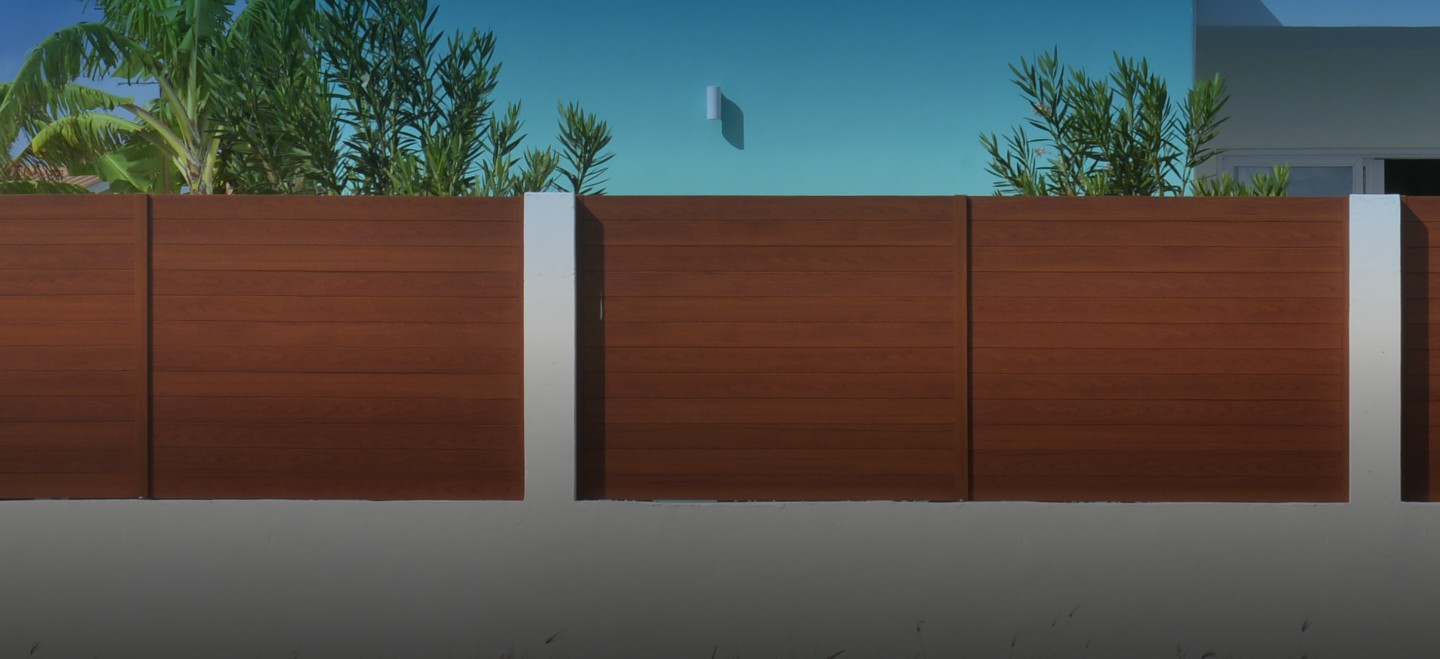All Categories
Featured

Choosing the ideal kind of fence for your residential property is a substantial decision that can affect both the looks and functionality of your space. Whether you're looking for privacy, safety, or simply an ornamental function, there are numerous aspects to think about when choosing the suitable fencing. Below are some vital factors to consider to help assist your decision-making procedure.
- Determine the Purpose of the Fencing. The initial step in picking the appropriate sort of fence is to clarify its objective. Various fences serve various features, and understanding your certain requirements will help narrow down your alternatives. Think about the following:
Privacy: If you're seeking privacy, a high and solid fence such as timber or vinyl will prevent spying eyes from seeing into your lawn. Safety and security: For protection functions, a solid, tall fence made from aluminum or steel can hinder trespassers and provide tranquility of mind. Aesthetic Allure: A decorative fencing made from functioned iron, aluminum, or picket-style wood can add beauty and curb interest your home. Pet or Animal Containment: If you need to consist of pet dogs or animals, a durable fencing like chain link or wood may be essential to avoid them from escaping. 2. Take into consideration the Product. Once you have actually established the fence's main purpose, it's time to choose the material. Each kind of material includes its very own set of benefits and obstacles. Below are some usual materials to think about:
Wood: Wood fences are functional and personalized, providing privacy and a traditional appearance. They're ideal for country homes or conventional homes however call for regular maintenance to avoid bending, pest, or rot infestation. Plastic: Plastic fences are low-maintenance, sturdy, and available in a variety of styles. They will not split, warp, or fade, making them a fantastic alternative for those that want a lasting, problem-free fencing. Nonetheless, plastic can be more costly in advance than wood. Light weight aluminum: Light weight aluminum fencings give a smooth, modern-day appearance and are resilient, rust-resistant, and require minimal maintenance. They normally don't provide as much privacy as wood or plastic, as the slats are frequently spaced apart. Chain Link: Chain web link fencings are usually utilized for safety and security or to contain pets. They are sturdy and budget friendly, yet they don't give much personal privacy or aesthetic allure unless you include slats or personal privacy screens. 3. Aspect in the Climate and Upkeep Demands. Your region's climate can significantly influence the life-span and upkeep demands of your fencing. If you stay in a location with high humidity or regular rainfall, products like timber may require extra treatment to prevent rot or mold development. On the other hand, plastic and aluminum fences are resistant to the aspects and need much less maintenance.
In addition, take into consideration the amount of time and effort you agree to commit to fencing maintenance. Timber fences require normal staining or paint to maintain their look, while plastic and light weight aluminum require far less upkeep.
- Think Concerning Sturdiness and Life-span. Consider the length of time you desire your fence to last. , if you're looking for a fencing that will certainly last for decades with little upkeep, vinyl and light weight aluminum are outstanding selections.. While timber fencings can last 10-20 years with correct treatment, they might not stand up to the test of time as well as other materials.
Likewise, consider your budget plan. Products like wood and chain link have a tendency to be even more affordable upfront, while plastic and aluminum often tend ahead with a higher first price but offer long-lasting longevity.
- Match the Fence to Your Residential Property Design. The kind of fencing you select should match the total appearance and feeling of your building. A well-chosen fencing can improve your home's aesthetic appeal, while a badly chosen fencing can interfere with it. For example:
Traditional Residences: A classic timber picket fence or a functioned iron fence works well with older, much more typical homes. Modern Residences: For a modern appearance, sleek products like light weight aluminum or plastic can enhance modern design. Rural or Farm Qualities: A wooden or cable fencing may be ideal for rural buildings or farms, where practicality is simply as important as looks. 6. Inspect Regional Laws and HOA Guidelines. Before making your decision, examine your local zoning policies and any kind of HOA (Homeowners Organization) guidelines to guarantee that your desired fence adhere to elevation restrictions, product requirements, and other neighborhood laws. Some locations have certain guidelines about the look of fencings, particularly in residential neighborhoods.

Conclusion. Picking the best fence for your residential property requires careful factor to consider of your needs, budget, and the design of your home. Whether you're prioritizing privacy, safety, or visual charm, there's a fence product and style that will match your demands. By taking into consideration the aspects detailed above, you can make a notified choice and pick a fence that will improve the functionality and elegance of your residential property for many years to come.
Latest Posts
Check Out Brake Repair & More: Comprehensive Auto Care Solutions from Montclare Auto Repair
Published May 28, 25
1 min read
Unlock WyHy Federal Credit Union – Wyoming’s Best Banking Choice for Your Money Goals
Published May 26, 25
1 min read
Join Your Financial Partner at WyHy – Top Benefits for Your Goals
Published May 25, 25
1 min read
More
Latest Posts
Check Out Brake Repair & More: Comprehensive Auto Care Solutions from Montclare Auto Repair
Published May 28, 25
1 min read
Unlock WyHy Federal Credit Union – Wyoming’s Best Banking Choice for Your Money Goals
Published May 26, 25
1 min read
Join Your Financial Partner at WyHy – Top Benefits for Your Goals
Published May 25, 25
1 min read